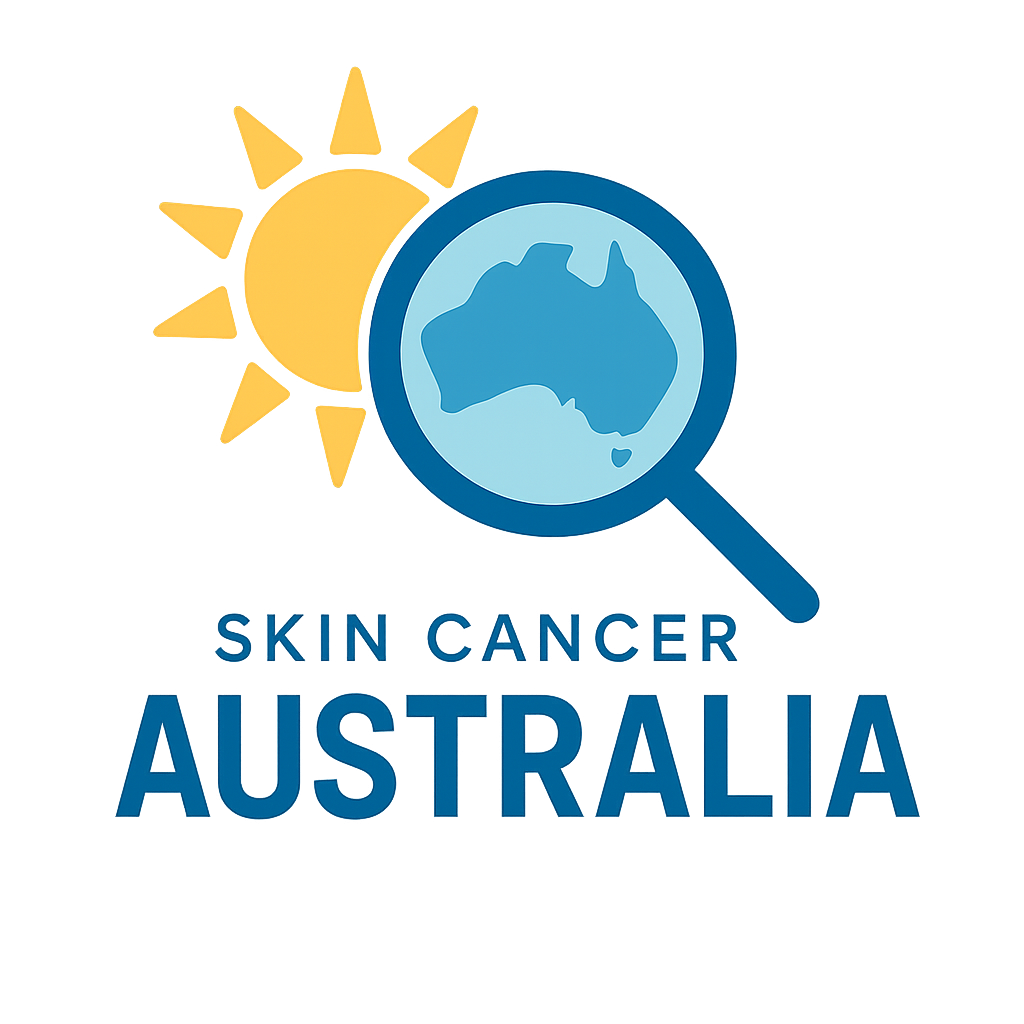Vitamin D and Skin Cancer: What You Need to Know
Australia is the skin cancer capital of the world, with more than two in three Australians diagnosed by the age of 70. While sun exposure is a major cause of skin cancer, it also plays a crucial role in producing vitamin D, which is essential for healthy bones, immune function, and possibly even cancer prevention. This article explores the complex relationship between vitamin D and skin cancer, focusing on practical implications for those seeking a skin cancer check in Melbourne.
The Sunshine Dilemma
Vitamin D is synthesised in the skin when exposed to sun ultraviolet B (UVB) radiation. However, the same UVB rays that produce vitamin D also contribute to DNA damage in skin cells, leading to skin cancer. Striking the right balance between adequate sun exposure and skin cancer prevention is critical, especially in sunny climates like Melbourne, Victoria.
Can Vitamin D Protect Against Skin Cancer?
The idea that vitamin D may protect against certain types of skin cancer, particularly melanoma, has gained traction. Some research suggests that individuals with higher serum vitamin D levels may have a reduced risk of developing melanoma, especially when those levels are within the normal range.
Recent findings also indicate that vitamin D signalling may modulate cellular mechanisms that suppress melanoma development. This effect has been seen in both clinical settings and laboratory models.
The Other Side of the Coin: UV Exposure and Risk
While vitamin D might offer some protection, excessive UV exposure remains the leading cause of skin cancer, including basal cell carcinoma (BCC), squamous cell carcinoma (SCC), and melanoma. Intense sun exposure and frequent sunburns are hazardous, especially for fair-skinned individuals.
Melbourne residents often face a seasonal dilemma—long summers with high UV levels and short winters with limited sun exposure. This can result in fluctuating vitamin D levels throughout the year, potentially influencing skin cancer risk.
Supplementation as a Safe Strategy
Given the risks associated with sun exposure, vitamin D supplementation has become a safe and effective way to maintain adequate levels without increasing skin cancer risk. Oral supplements offer a reliable method to achieve sufficient levels, especially for individuals advised to avoid sun exposure due to a history of skin cancer or a high-risk skin type.
Skin Checks and Prevention in Melbourne
Regular skin cancer screening in Melbourne is essential, especially for people with fair skin, a family history of melanoma, or those who’ve had frequent sunburns. Systematic skin checks can dramatically improve early detection and outcomes, particularly in high-risk individuals.
At a professional skin cancer clinic in Melbourne, doctors assess skin lesions using dermatoscopy, medical photography, and—when necessary—biopsies to differentiate benign moles from skin cancers. Early intervention is key for those needing mole removal in Melbourne or treatment for sun damage like solar keratosis, warts, or sun spots.
Sun Safety and Vitamin D: Finding the Right Balance
To protect against skin cancer while maintaining healthy vitamin D levels:
-
Use sun protection: Wear hats, sunglasses, and SPF 50+ sunscreen when UV levels are high.
-
Get incidental sun exposure: A few minutes on the arms and face before 10 am or after 4 pm during warmer months may be enough.
-
Monitor vitamin D levels: If you’re at risk of deficiency, ask your GP for a blood test.
-
Consider supplementation, Especially during Melbourne’s winter months or if you’re in a high-risk group for skin cancer.
Final Thoughts
While vitamin D plays a vital role in health, it’s not a free pass for sunbathing. Maintaining adequate vitamin D levels—preferably through diet and supplements—may support overall wellbeing, but the priority remains clear: prevent skin damage. A skin cancer check at a reputable skin cancer clinic in Melbourne can provide peace of mind and potentially save lives.
If you’ve noticed changes in a mole, have fair skin, or a history of sunburn, now is the time to book a professional skin check in Melbourne.
References
-
Slominski AT, Brożyna AA, Zmijewski MA, et al. Vitamin D signaling and melanoma: role of vitamin D and its receptors in melanoma progression and management. Cancers (Basel). 2024 Jan;16(2):245. https://pubmed.ncbi.nlm.nih.gov/38138233/
-
van der Pols JC, et al. Sun exposure and risk of cutaneous melanoma. Eur J Cancer. 2005;41(1):45–60. https://pubmed.ncbi.nlm.nih.gov/15570056/
-
Brożyna AA, et al. Effects of vitamin D on skin cancer: mechanisms and epidemiological evidence. Br J Dermatol. 2020;182(1):27–44. https://pubmed.ncbi.nlm.nih.gov/32918212/
-
Sinclair R. Skin Checks. Australian Family Physician. 2012 Jul;41(7):464-469. https://pubmed.ncbi.nlm.nih.gov/25378147/
